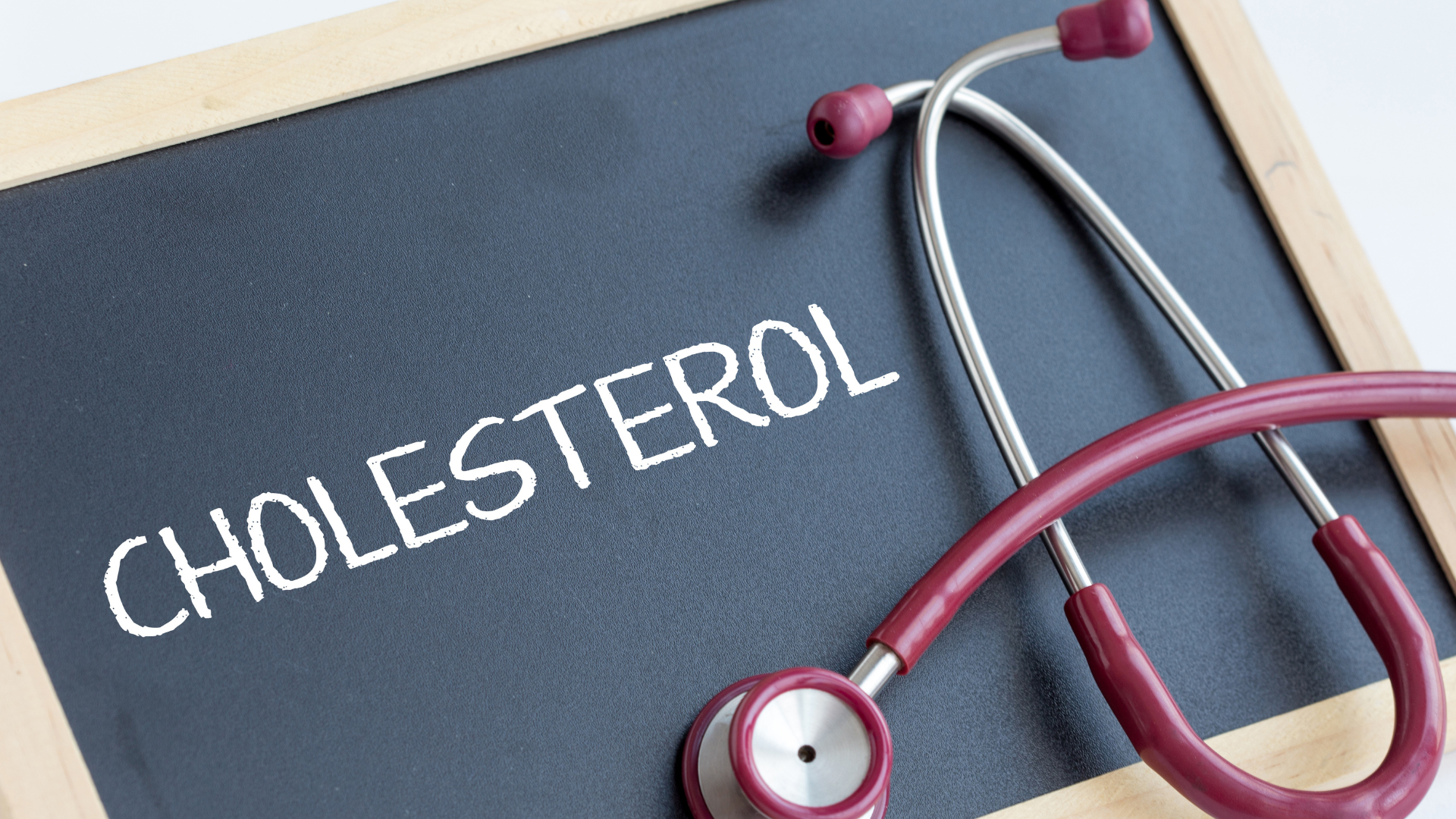11 Essential Longevity Blood Tests CEOs and Entrepreneurs Should Order
Maintaining peak performance and longevity is paramount for sustained success over a multi-decade career in the fast-paced world of CEOs, C-suite executives, and entrepreneurs.
However, the demands of high-pressure roles often leave little time for prioritizing their health and wellness. That's why executives and entrepreneurs must adopt a proactive approach to their health management, starting with understanding the importance of essential blood tests for optimal longevity.
Executives face unique health challenges due to demanding work schedules, high levels of stress, and busy lifestyles. Long hours, frequent travel, public scrutiny, and constant decision-making can take a toll on physical and mental well-being. Neglecting your health can have serious consequences, impacting your personal well-being, professional performance, and longevity.
Essential blood tests are at the heart of executive wellness. They provide valuable insights into overall health, identify potential risk factors for various chronic diseases, and guide personalized executive wellness strategies.
By monitoring key biomarkers, executives and entrepreneurs can proactively address health issues before they escalate, leading to improved vitality, productivity, and longevity.
In our latest episode, I review 11 essential longevity blood tests that are crucial for optimal executive performance and overall health.
Watch the Full Episode Below
Exploring the 11 Essential Longevity Blood Tests
As busy individuals, we must prioritize our well-being, and these lab-based biomarkers provide valuable insights into our physiological state. These essential longevity blood tests are categorized into three fundamental areas: inflammation biomarkers, blood sugar/insulin resistance biomarkers, and heart health biomarkers.
Each marker is vital in determining our health trajectory, from assessing systemic inflammation to understanding cardiovascular risk factors. Below is a quick summary explanation of each test that is further expounded in the video.
Inflammation Biomarkers:
1.hs-CRP (High-sensitivity C-reactive protein):
This protein measures general levels of inflammation in the body and is associated with systemic inflammation and various health conditions, including cardiovascular diseases, metabolic syndrome, and diabetes.
Blood Sugar/Insulin Resistance Biomarkers:
2.Glucose:
Measures the level of sugar in the blood. Elevated levels can lead to various chronic diseases, including diabetes and cardiovascular diseases.
3.Fasting Insulin:
Assesses the body's ability to regulate blood sugar levels. Higher levels may indicate insulin resistance, a precursor to type 2 diabetes.
4.HbA1c (Glycated Hemoglobin):
This reflects average blood sugar levels over the past two to three months. Elevated levels indicate poor blood sugar control and an increased risk of diabetes complications.
5.HOMA2-IR (Homeostatic Model Assessment of Insulin Resistance):
Calculates insulin resistance based on fasting glucose and insulin levels. Higher values suggest reduced insulin sensitivity and an increased risk of metabolic disorders.
Heart Health Biomarkers:
6.Total Cholesterol:
Measures the total amount of cholesterol in the blood. High levels are associated with an increased risk of cardiovascular disease.
7.HDL (High-density Lipoprotein) Cholesterol:
Often referred to as "good" cholesterol, higher levels are protective against heart disease.
8.LDL (Low-density Lipoprotein) Cholesterol:
Known as "bad" cholesterol, elevated levels are linked to an increased risk of heart disease and stroke.
9.Triglycerides:
Measures the amount of fat in the blood. Elevated levels are associated with an increased risk of cardiovascular disease.
10.ApoB (Apolipoprotein B):
It provides a more accurate assessment of cardiovascular risk by measuring the number of atherogenic lipoproteins in the blood.
11.LP(a) Lipoprotein(a):
A unique biomarker associated with an increased risk of heart disease, particularly when elevated due to genetic factors.
Each of these biomarkers plays a crucial role in assessing your overall executive health and longevity. By monitoring these markers regularly and taking proactive steps to address any abnormalities, executives can optimize their health and well-being for long-term success.
Conclusion
In the competitive business and executive leadership world, prioritizing your health and wellness is not just a luxury—it's a necessity for sustained success and longevity. After all, your career will span decades.
By embracing essential blood tests as a foundation of your executive wellness, you can take proactive steps towards optimizing your health and maximizing your potential. Remember, investing in your health today is an investment in your future success and longevity.
Ready to unlock your executive wellness potential? Schedule a complimentary executive health meeting with our team to learn more about incorporating essential blood tests plus much more into your health management routine.





